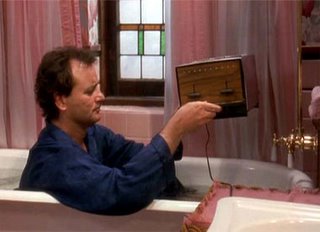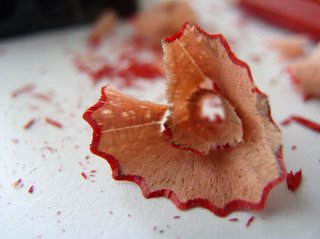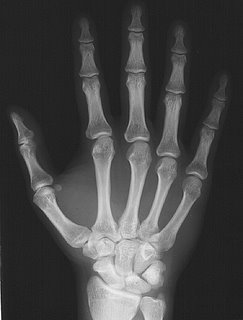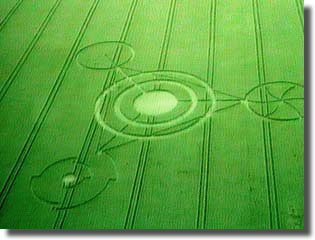 or, How to be a skeptic about being dubious
or, How to be a skeptic about being dubiousI've been direly remiss in my duty to the blogosphere lately, but fear not, dear readers. Fortunately it dawned on me this afternoon (and not for the first time) that you can blog about anything, including why you aren't blogging. In fact, I am beginning to suspect that the blogosphere is at that strange culturally self-reflexive moment that has been passed already in many other fields (for example, in
literature) where there are more blog posts about
The Blog and
the process of posting to The Blog than there are blog posts about things other than The Blog. I might argue that this is because blogs and blogging are interesting per se, and also because weird self-referentiality (especially heavily flavoured with irony) is part of the intellectuo-cultural environment in which most bloggers live, and so that sort of meta-level discussion is going to be generated no matter what you're discussing, and in the blogging world, that just happens to be blogs.
But if I strip off my
Generation X t-shirt for a second, reality bites. And you know, I mean
real reality, not the kind that got
all fucked up after I became a philosopher. In the first place, there seem to be lots of blogs that are actually
about stuff. And
important stuff. There also seem to be blogs that foster community, as well as being about stuff. (And sometimes without being about stuff at all). Some blogs I think of as like
found objects: they are not "about stuff" in the pedagogical or political sense, but are bower birds which collect up glimmery, fascinating fragments of text and fact and image, and you find them there, in a little
nest, like magic. I love these blogs. Mine doesn't seem to be any of these.
I'm sure we could think up reasons to doubt it, but I like to think that blogs are the way they are because they reflect something about what the blogger thinks is important. Certainly, that's what I want to believe about
this blog --
my blog. If I try to work out how what's important to me affect what goes on the blog, I tend to think it goes something like this: no matter what else is the case, it's good to think about why you think the way you do. It's good to
muse about what's happened. It's good to be dubious about things that seem obvious to you, and it's good to reflect on the moments where what you believe gets rocked a little, or made particularly stark. And, you know, some haiku. Because sometimes it's important just to try to make something beautiful, even if you are a hack.
The evidence of the past couple of weeks is apparently that I still think the thing about the haiku. But the other part? The prognosis is
not good. I'm wondering (and not for the first time, but I've hated it every time) why exactly I should think that it's good, or interesting, or otherwise valuable, to think about why I think the way I do, why I live the life I do, why I blog or why not.
The obvious thing to say is, who cares? But that's too cheap. It's cheap because it's too damn obvious: no-one. Duh! The pithy, non-obvious part is that it ought to be enough if
I care. But the normative structure of the thing seems to have dropped off the face of the earth. I never believed that reflection was good for some
reason other than it was Good. It's just a brute fact about the moral structure of my world. But apparently, the
brutes became civilised and
started wondering what the hell their justifications were.
God, put me back in the Stone Age with my
brute facts. Because now? I have to come to terms with the fact that The Good must lie elsewhere -- perhaps, heaven help us, in what I actually do when I'm not thinking about what I do. In what actually happens during the day before I have a chance to pick up those memories and turn them to the light, flipping and rotating them to see what shadows I can make play on the wall of my self-reflections. I've absolutely not the first idea how to live my life this way. It scares the stuffing out of me. And it's really bad for the blogging.
On the other hand, it may just be that I'm trying to finish a PhD thesis. Amazingly, I'd prefer to believe this baroque existential palaver instead.
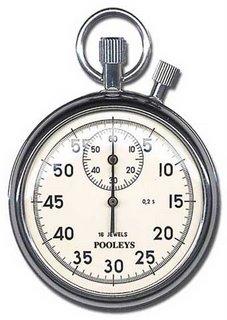

 During my last trip to Sainsbury's, I was inspecting the pretty new displays of Easter merchandise. (For the record, Good Friday this year falls on April 14, which is eight weeks from today. But that "what? already?" horse was flogged and dead about ten million expressions of consumer shock ago, so moving on).
During my last trip to Sainsbury's, I was inspecting the pretty new displays of Easter merchandise. (For the record, Good Friday this year falls on April 14, which is eight weeks from today. But that "what? already?" horse was flogged and dead about ten million expressions of consumer shock ago, so moving on). So I'm walking back to the office after picking up my lunch, and there are two teenage boys wandering down the lane, in their usual subcultural and borderline illegal hoodie uniform. Hoods up, hands well down into their pockets, rounding their shoulders almost into invisibility, like Igor. They walk with that wonderful and evocative slight sideline weave, as though it is their collarbones and not their feet that propel them.
So I'm walking back to the office after picking up my lunch, and there are two teenage boys wandering down the lane, in their usual subcultural and borderline illegal hoodie uniform. Hoods up, hands well down into their pockets, rounding their shoulders almost into invisibility, like Igor. They walk with that wonderful and evocative slight sideline weave, as though it is their collarbones and not their feet that propel them.



